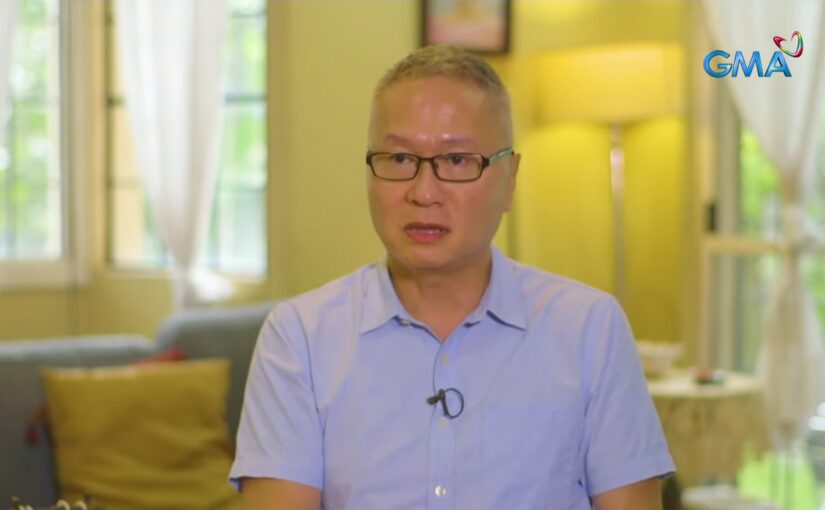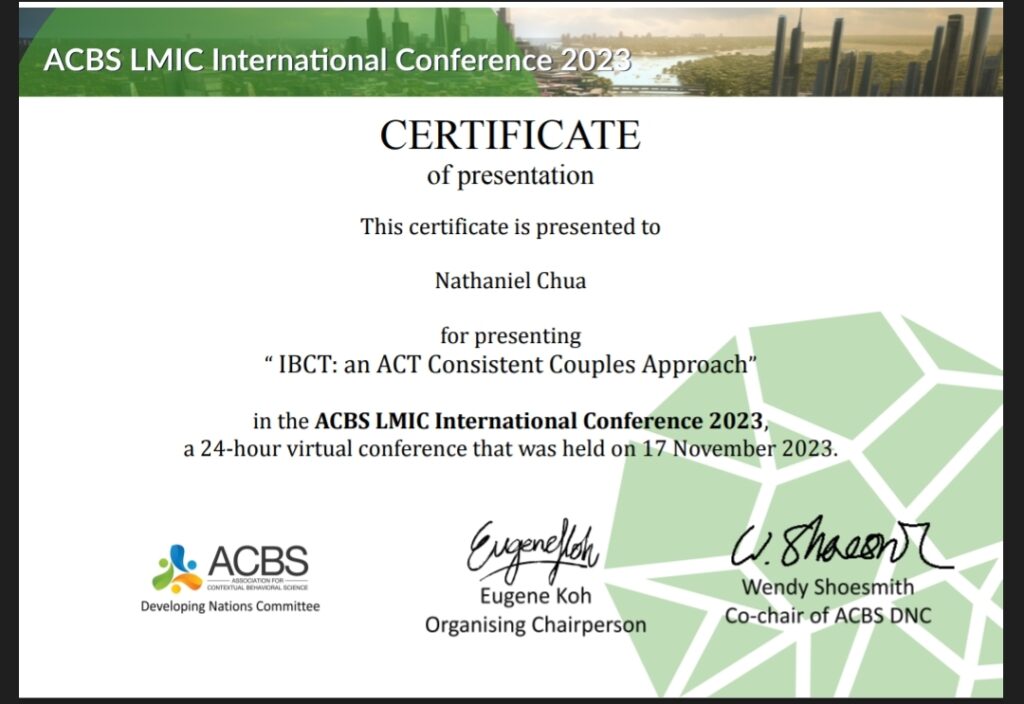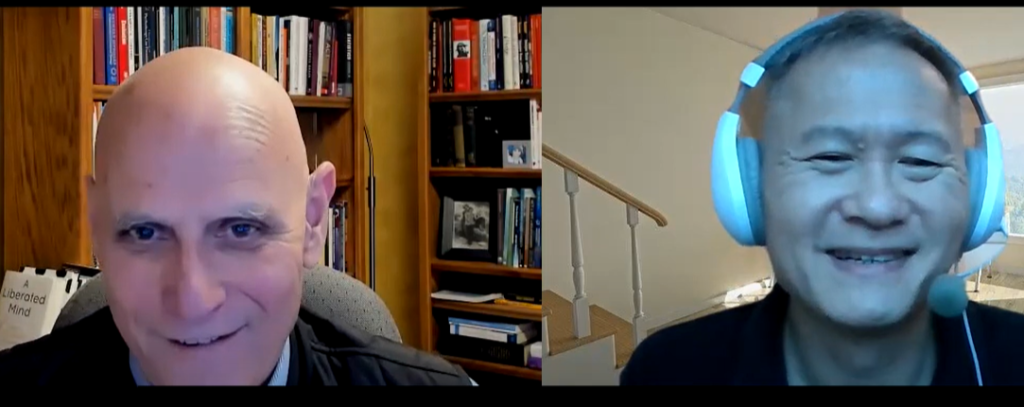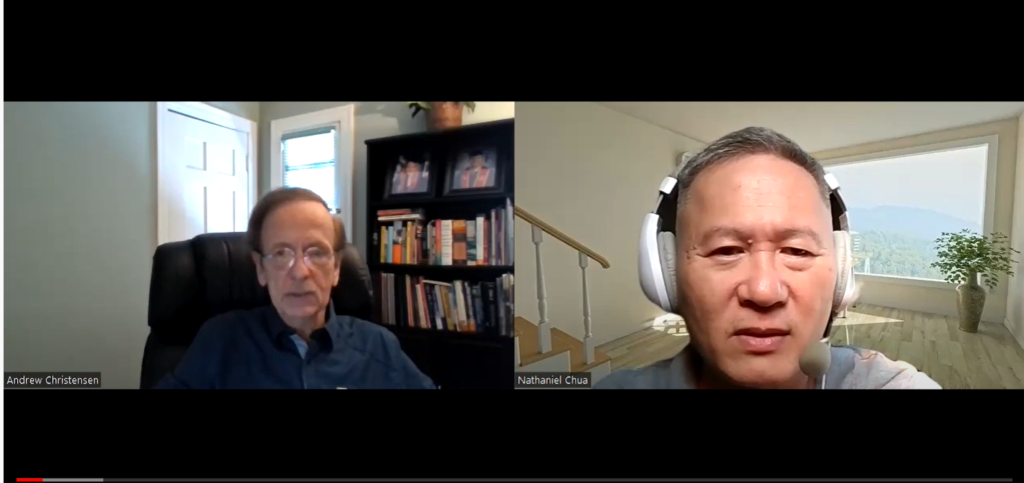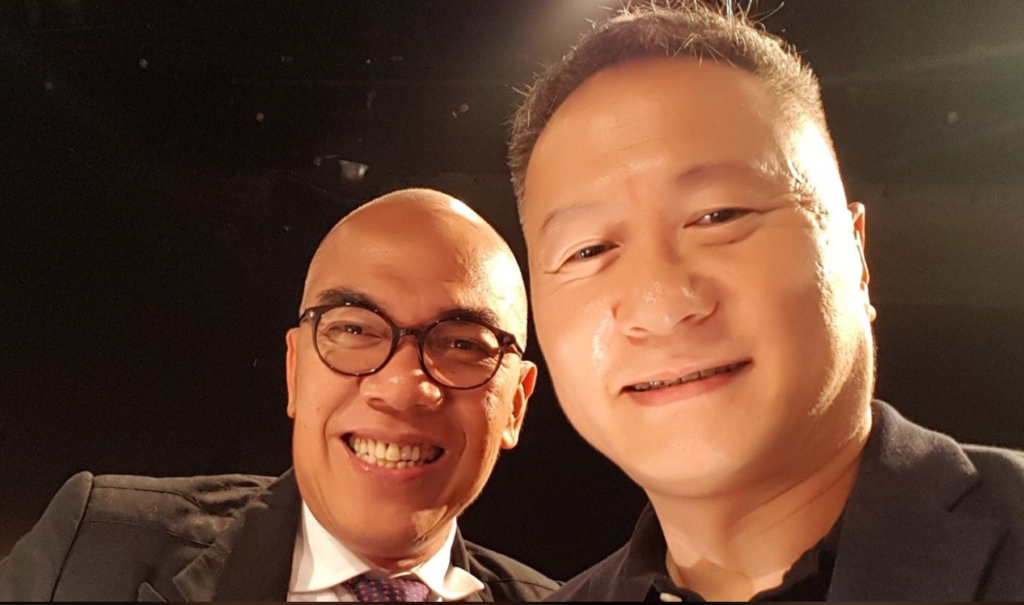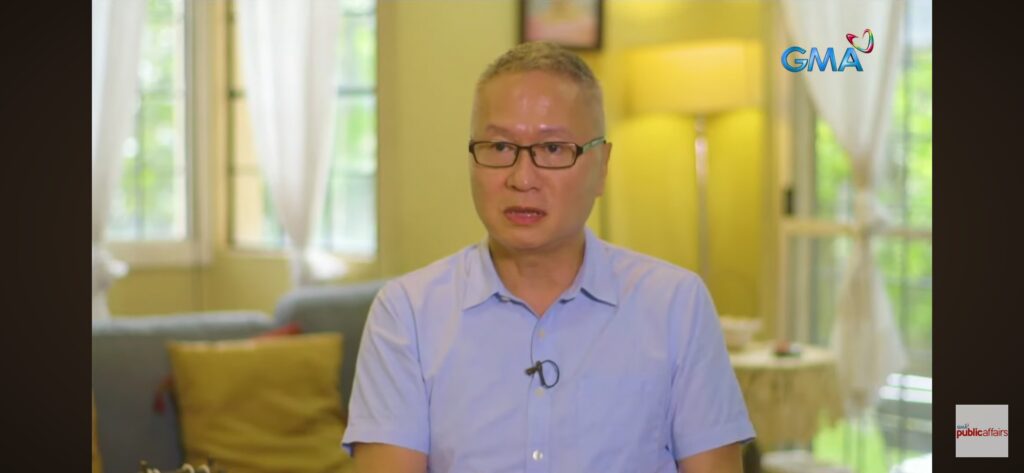by Nathan Chua
One of the things that our minds are really good at doing is judging. Our minds have developed this highly useful skill for the ultimate survival of our species that has very few qualities which can protect it from external threats. We don’t have large sharp teeth or claws and are said to be a species that has the longest gestation period among all creatures.
You might be curious to know how judgment can play any part in our survival, let alone the survival of a whole species. Isn’t it that we use judgment more to describe the ways we behave towards others? We are not used to using the term in light of its impact on our evolutionary history. Let’s do this little exercise to see how. If our minds didn’t know how to judge between a threat and a non-threat, we would be like the fish that get caught twice or more times by a fishing hook. Our minds are there to create rules that keep us out of harm’s way. If you see a line attached to a bait, that’s not dinner being presented to you, but you becoming somebody else’s dinner. Don’t cross the street without looking side to side. Stay indoors when your experience tells you that this is the time of the year when the weather can be harsh. This rule-following ability is what sets us apart from other species and gives us an edge of tremendous effect on who dominates the planet.
Unfortunately, this talent is double-edged. It can be useful to judge between a lion and a puppy but not when we use it to judge our internal processes. If our minds weren’t able to tell that the moving thing in front of us is a hungry lion, we could be its next prey! The mind applies the same rule to our feelings and thoughts, because the mind does what it does. Our difficult thoughts and feelings that naturally come by because of the life situations we face, are equated as bad, as in hungry lion-bad!
Couples and families often come to a judgment of their loved ones. Unfortunately, such judgments often get in the way of the loving relationships each party wishes to develop. One way of stepping out of these judgments is to consider your differences as they are and not as defects. Here’s one way to be more aware of this. Imagine if you had a loved one (either a romantic partner or a family member) who has suffered from a childhood impairment, let’s say, he or she is half-blind or has an injury that makes it difficult for them to walk at a normal pace. Would you demand that he or she be able to walk and do stuff as fast as you do? Probably not! You would most likely make adjustments to accommodate your loved one’s condition.
Given this, you and I can be more conscious of what our minds say are defects and begin to view them as conditions or differences around which we have to work. We can recognize our tendencies to see our loved ones as defective and therefore more like problems to solve rather than human beings who have learned a different way to tie a shoelace so to speak.
Another way of putting this into a clearer perspective is to notice the difference between describing a movie and judging it. A descriptive statement would be to say that the movie is an hour and 40 minutes long. While an evaluative statement would be that the movie was too long or too boring. Why don’t you try this at home? You can then experiment with a loved one that you have long judged to be defective. Just like a narrator for Nat Geo, see if you can objectively describe how your partner or child or parent behaves and say to yourself, “This is someone special who I would much rather choose to love with all his or her different behaviors that I have come to accept in the service of a truly honest and loving person that I wish to be in this and every moment.” That, my friends, is the key, not to feeling good, but to living well in spite of what your mind says are judgments to be made. It is up to you to look at those judgments and say, I choose not to run away from or struggle with my difficult experiences in dealing with this important person in my life, and to accept them above all. Be my guest and see peace arrive in your life.






